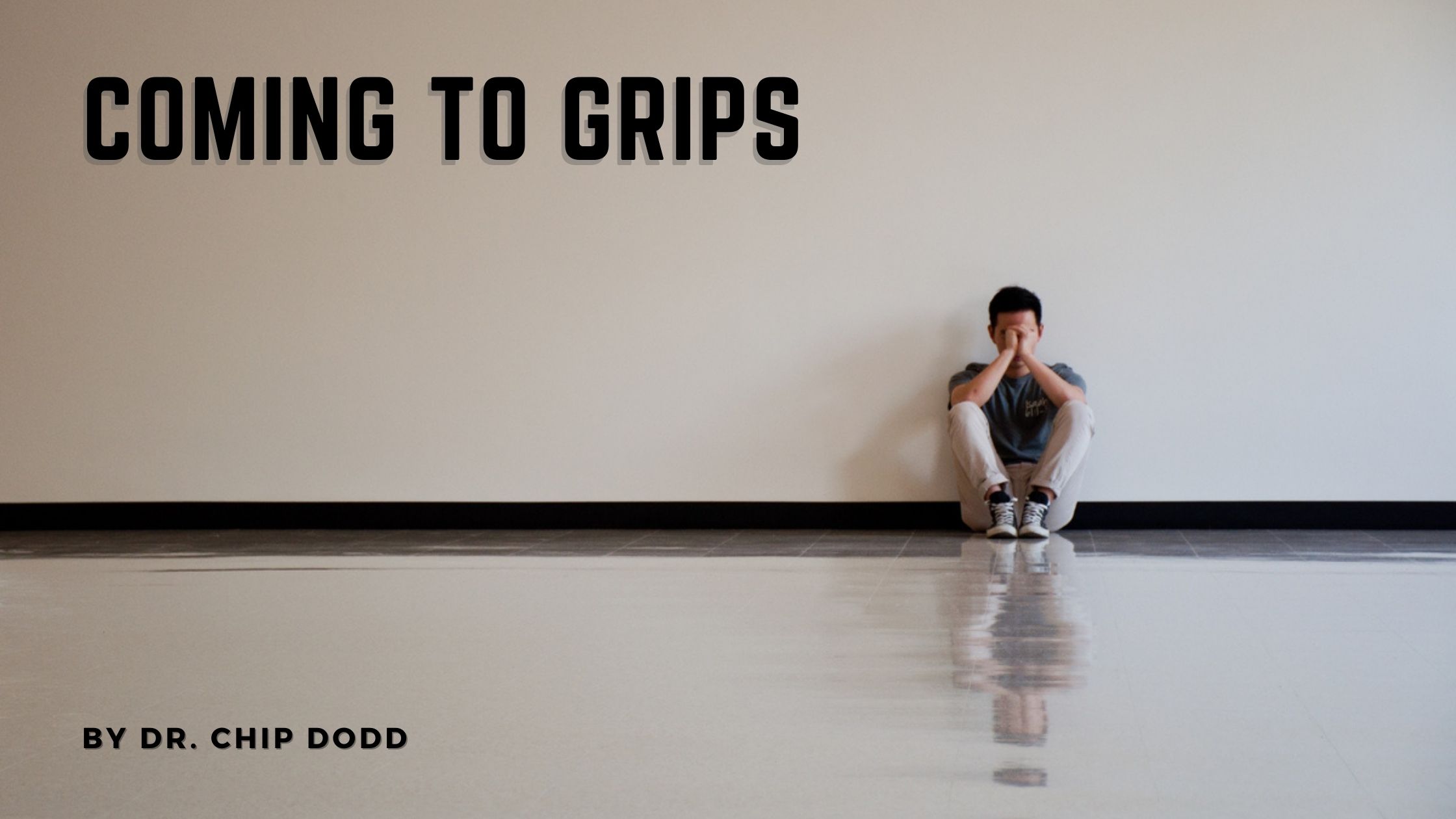Vulnerability means being open to experiencing wounds. Vulnerability is required to experience love, i.e., a full life. Therein lies a conflict. Everyone who knows their own heartbeat as a human being seeks to be loved and to love. But no one who seeks to be loved, and to love, can do so without experiencing wounds.
Does love really have to be painful?
Love is about extending one’s heart outwards, beyond one’s self. In shorthand, love is the ability to delight in the presence of another, being curious about the heart of another, being willing to disagree with another without having to control the outcome, and being willing to hurt but not be harmed by another—all forms of vulnerability. Love puts us in a position to experience pain, as well as the extraordinary joy we seek.
Love puts us in a position to experience pain, as well as the extraordinary joy we seek.
Paradoxically, then, love requires that we have great strength in our own capacity for vulnerability. Having that strength is how the conflict is reconciled. We can choose love knowing that wounds are inevitable, but we have strength in our ability to be vulnerable. Our desire to love and be loved is a more powerful force than our defensive wall of invulnerability.
Becoming invulnerable doesn’t work if one desires to live as they are created. Intolerance for vulnerability (invulnerability) leads to all sorts of negative consequences—predominant of which is addiction of some sort. Addiction in all its forms is an intolerance for vulnerability at its emotional core: the inability to tolerate one’s own hurt, sadness, loneliness, fear, anger, healthy shame, and guilt as one reaches for gladness. That invulnerability is tragically formed in our homes as children, reinforced by our experiences in the “real” world, and then supported by the successes we appear to have through it.
What is something I can do?
But how do I move away from invulnerability, and leave behind being a victim of the demands of what it requires? Leaving behind the demands of hyper-vigilance, chronic anxiety, controlling behaviors, shamelessness, distrust of everyone, denial, and dissociation from my own heart.
Three things get us started, but there is a wisdom caution involved: We have to daily hang on to the long-term vision of living fully to get to where we all desire to go—a life to the full. It takes a lifetime to learn how to live. And the only way to do a lifetime is one day at a time. It’s the same way that we eat a steak. One bite at a time. Before we realize it, we have eaten a herd of cattle. Or if a person is vegan, acres of vegetables! We are all works in progress; no one has all of anything and no one has perfection in their briefcase.
It takes a lifetime to learn how to live.
There are three things that we can do every day for the rest of our lives:
Number one is facing. We have to face that we are created as vulnerable creatures. We have hearts that get hurt. And that getting what we desire—to live fully—requires that we admit how we are created. We are at root emotional and spiritual creatures, created to do one thing and that is to live fully. But we human beings cannot do so unless we face that we are relational creatures. We find fulfillment in relationship with our own selves, others, and God. We feel, and we hunger to be connected intimately with something greater than ourselves. We are emotional and spiritual.
Number two is admission (and often number two is number one). We have to admit that we are powerless over life, and the things we do to have power over life make our lives unmanageable. We have to admit that the way we are “doing” life isn’t working to give us what we truly seek. Sometimes, the admission is powerlessness over alcohol, drugs, sex, work, depression, anxiety, food, lust, power, codependency, toxic shame, people-pleasing, achieving . . . . The list of self-cures to avoid being vulnerable is endless. But all the self-cures center on an addiction to control to escape the vulnerability of being in need.
Powerlessness is not helplessness.
Powerlessness is not helplessness. It is an admission of needing help from other resources because I have faced that I cannot find full life while also having control over people, places, and things.
Number three is surrender. Surrender means to render over or to give back. We did not create our selves. We are predesigned. We are capable of taking the heart, running off with it, hiding it behind a multitude of defenses. But we are not capable of living well with our hearts in isolation. Surrender, then, means to give our hearts back to something greater than our own power to be unaffected. Surrender is the action of taking our acknowledgement of how we are made, admission of what has happened through our attempt to become invulnerable, and turning it all over to resources that seek our good.
How will I know to trust “resources that seek our good?” We discover trust as we see the resources themselves benefitting from doing and receiving the benefit of what we seek. Their acknowledgement, admission, and surrender work to develop strength in vulnerability. They have what we seek. And they are experiencing the capacity to love, even though they have to feel all that love entails to have the lives they seek. One central theme is in the resources. They are living the paradoxical power of vulnerability, having themselves been defeated by the invulnerability that had imprisoned them.
This daily process leads to an expanding territory of discovery and capability, new experiences and possibilities. It prepares us for the better life, the one we seek where love lives. It prepares us for living fully on the continuum of what a full life can offer—great grief on one end, and the ability to grieve well; great celebration on the other end, and the ability to celebrate fully. We become more able to live between one and ten, instead of fighting to remain in the prison of existing between five and five where no true life is found.
* A Version of this article originally appeared on Chip’s Website, ChipDodd.com

